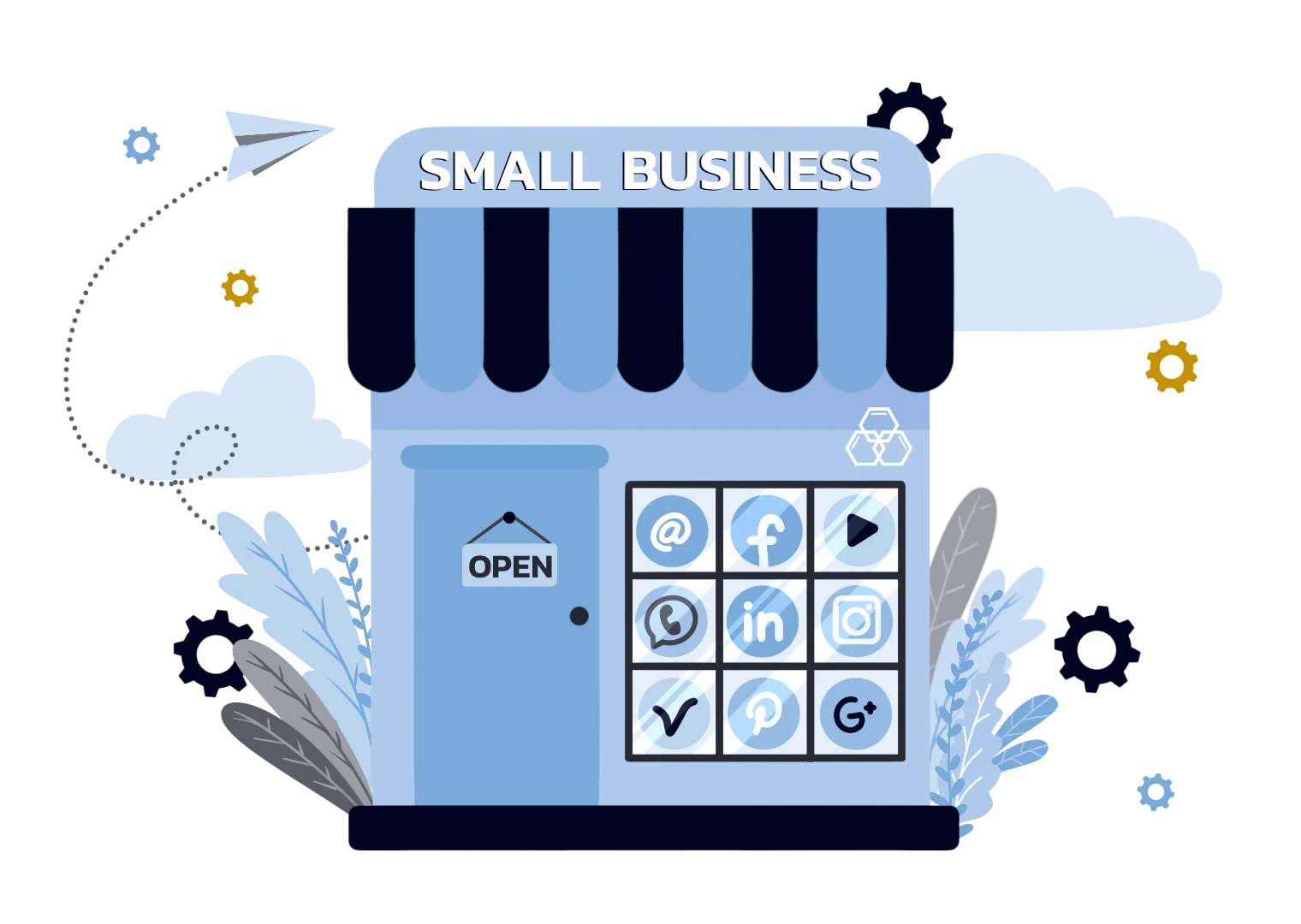Before being the lead star of Peacemaker, one of 2022's highly rated TV shows, John Cena was already established as one of the faces of WWE, an American wrestling entertainment company. Cena repeatedly held the WWE Championship and remains a WWE icon despite his lessened appearances in the wrestling show.
Cena's earliest gimmicks included being a rapper/wrestler. He would write his own raps and even went on to release a full-length studio album with 17 tracks. His debut on the big screen was in 2006 in a movie that wasn't well-received, but that did not stop Cena from starring in other movies and TV shows, such as the ninth installment of the Fast and Furious franchise, as well as doing some voice acting for an animated movie.
Finally, in 2021, Cena landed the role of Peacemaker in James Gunn's The Suicide Squad and was praised for his performance in the role. The movie's success paved the way for the HBO Max TV show that will be returning for a second season.
Cena is mainly known for being a professional wrestler, but his venture into acting helped him extend his brand beyond wrestling fans to wider audiences. Just like Cena, companies often extend their brand to have a market share in other industries.
Such strategies are called brand extensions. Brand extension is a way for companies and business owners to leverage their brand awareness and create new streams of revenue. To maintain relevance, brands need to continue to develop and brand extension is one of the most well-established ways to do so.
What is a brand extension?

Brand extension is a marketing strategy where a company uses its current brand to introduce an extension product or a new product category to its customer base. This extension strategy works best when the new product is introduced as a companion product to the original product, especially if it is something that customers want.
Brand extension is the next best step for companies and business owners with a good brand image and high brand awareness. This enables them to leverage their reputation to reach a different target market, effectively starting new sales channels.
What are the types of brand extensions?
The right brand extension strategy depends on your target audience and your goals for your brand. These five types of brand extensions are best suited for various purposes, so it's good to know which of them works best for you.

Line Extension
Launching a new product line in an already existing product category known to your customers is what line extension does. A new category won't be necessary for line extensions. Instead, a company introduces new variants of the original product. Toy companies, for instance, create toys on various scales, such as the 1:18 and 1:12 scales. New colors, scents, and flavors are also good examples of line extensions.
Complementary Product Extension
This type of extension is popular with dental care products. Here, the brand extends itself by pairing complementary products with the core product. Colgate, a brand best known for toothpaste, also makes toothbrushes. You can't exactly brush your teeth without a toothbrush, right? Colgate's move proves to be effective as they have become one of the most prominent players in the oral care market worldwide.
Customer Base Extension
Companies can also extend their brand by releasing product lines for a specific demographic. Dove, for instance, is best known as a shampoo brand. In 2010, the company launched a new product line that targets men: Dove Men+Care. The effort was surprisingly successful despite Dove's position as a leader in the women's personal care industry.
Company Expertise Extension
Establishing yourself as a thought leader in your field not only improves your credibility but can also be useful leverage in brand extension. Consider Sony, a tech company whose origins can be traced back to the Walkman music player. Today, Sony offers a wide range of electronics: smartphones, speakers, cameras, and even projectors that consumers buy because of Sony's expertise in the tech industry.
Brand Lifestyle Extension
The influence of celebrities can go beyond conventional advertising campaigns. A celebrity's lifestyle can also be used to extend a brand. Hermes' Birkin bag is named after British actress Jane Birkin, while Nike's Jordan line was produced in partnership with retired professional basketball player Michael Jordan.
Factors that Contribute to Successful Brand Extensions
Brand extensions offer a unique opportunity for your business's growth provided that you do it right. It is important to consider the factors that affect the success of your attempt to extend your brand. Frankly, these can be a hit or miss: a brand extension success may bear fast, excellent results while irreparable damage to your brand can be brought about by brand extension failures. Take into account these four factors when venturing into brand extension.
Market Demand

New products or services are made to address the market demands. If your idea does not have a problem to solve or a need to satisfy, then it will likely become a failure. Taking a look at unmet market needs or inefficient solutions to this need is a good start at determining the direction of your brand extension initiative.
Appealing Solution

The product or service solution that you have to offer must successfully address your customers' wants or needs. The case of Blackberry is the best example of what happens when you don't meet these needs. Failing to see that the smartphone market will be driven by regular consumers and not business customers ended Blackberry's status as one of the key players in the smartphone market. The decline continues to this day with its recent announcement to retire its messaging application, Blackberry Messenger.
Brand Relevance

Brand relevance refers to a new product or service's appropriateness to the brand's positioning. An idea that has a closer relationship to the current brand positioning has greater chances of success. On the other hand, an idea farther from the current brand positioning can dilute the brand's equity. The Clorox toilet bowl cleaner, for example, comes from the fact that people associate Clorox with cleanliness. Clorox has successfully branched out from bleach into cleaning and home-care products.
Successful Brand Extension Strategy
Successful extensions stem from knowing your customers' needs as well as their perception of your brand. The first step is to conduct market research. This will help you figure out what your brand is known for, what your reputation is in the market, and what value your brand has to offer to your audience.
Adequate market research will be able to tell you whether or not your customers would react positively or negatively to a brand extension. It also enables you to see the benefits and side effects that the new idea may offer to your consumers and that it is a solution to their problems.
Ultimately, a successful brand strategy comes from proper market research, a deep understanding of your target audience, and the right type of brand extension that remains true to your core brand attributes.

Brand Extension Success and Brand Extension Failures
Learn from the successes and failures of these companies. Here is a list of good and bad brand extensions that can help inspire new ideas from you and keep you from making the same mistakes.
Good Brand Extensions
- Star Wars Action Figures: The movie's release in 1977 was popular among adults. Venturing into the action figure market with characters from the movies helped cement Star Wars' popularity and commercial success among fans both young and old.
- Gillette Razors and Shaving Products: It made perfect sense for Gillette to release shaving products alongside its flagship product. Of course, one can opt to use soap and water while shaving, but Gillette's complete shaving kit offers specialized care that consumers are after.
- Food Network Cookware Products: Food Network's approximate audience of 13 million people were proven to be ready-to-buy customers of kitchenware. Partnering with American department store retail chain Kohl's was one of its best decisions that helped fill a specific audience's need.
Bad Brand Extensions
- Colgate's Frozen Food: Colgate's success in oral care products was not mirrored in its venture toward the food market. Simply put, selling frozen food did not fit with Colgate's brand identity. Would you buy food from your dentist?
- Levi's Tailored Classics: Levi's is best known for its product line of jeans, such as the iconic 501 jeans. The brand is associated with durability and ruggedness which was in sharp contrast to its line of high-end tailored suits that flopped for this reason.
- Cadbury Mashed Potatoes: Cadbury's brand of instant mashed potatoes, Smash, was actually achieved widespread success but consequently caused the decline of Cadbury chocolates' perceived quality. The company ended up selling the brand to Premier Foods in 1986.
Brand extension has big benefits in store for you and your brand but reaping these benefits will not come without challenges. With the right brand extension type and a data-driven brand extension strategy, you are now ready to grow your brand, meet your customers' needs, and increase your profit margins.






